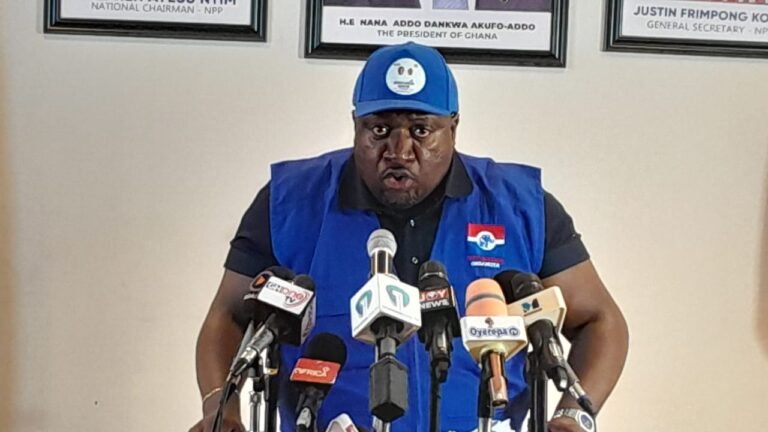
Alan Kyerematen, Trade and Industry Minister
The Minister of Trade and Industry, Alan Kyerematen, has watered down fears of further economic paralysis following government’s decision to engage the International Monetary Fund (IMF). On the contrary, he has stated that the IMF programme will help the country to rebound quickly from its recent challenges.
Speaking with Paul Adom Otchere on Metro TV’s Good Evening Ghana (GEG) programme, Mr Kyerematen chronicled government’s recovery programme in the pre COVID-19 and post COVID-19 era, reiterating that the current economic challenges are foreign induced.
Describing the causal factors as tragic, the Trade and Industry Minister indicated that the positive growth of the economy between 2017 and 2019 was enough reason to trust the government to sail through the current crisis timeously.
He explained that the factors that took the current government to IMF and that of the erstwhile NDC government were completely different, stressing that “the already existing programme tabled by the government will lessen the burden on Ghanaians”.
Real facts
Mr Kyerematen stated that there was the need to discuss Ghana’s negotiations with the IMF “dispassionately and with real facts”.
He highlighted the tangential growth of the economy that helped shore up reserves at the central bank, tamed inflation, reduced debt to sustainable levels and created trade surplus, resulting in more exports over imports in the first 18 months of the government.
Mr Kyerematen mentioned the impact of COVID-19 and the Russian invasion of Ukraine and its effects on economies throughout the world, as adversely affecting Ghana’s economy.
“I will not mince words in describing the causal agents to Ghana’s slow economic growth as exogenous but let me be quick to explain government’s proactive plans to curb it. With over 100 countries seeking for bailout from IMF, I would like to raise hopes of Ghanaians with detailed economic transformation plan led by industrial and agricultural emancipation,” he noted.
This, he said, is evidenced by some government flagship programmes aimed at expanding the Industrial ecosystem, such as the One District, One Factory (1D1F), which has a total of 296 companies at various stages of completion with 125 already in operation.
The Minister alluded to the fact that both NDC and NPP needed the IMF at various points to manage the economy. He, however, explained that systemic decline in the economic indicators took NDC to IMF while exogenous factors hauled the current government before the IMF.
Ghana has already started the process of getting a two-billion-dollar package from IMF to help complete the economic revival package put together by the Economic Management Team (EMT).



